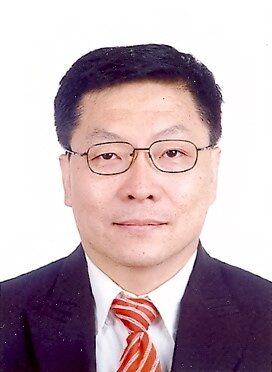[Seminar] ECM1 promotes differentiation of follicular helper T cells by antagonizing IL-2-STAT5 pathway by Prof. Bing Sun

Date
Location
Description
Abstract:
T follicular helper cells (TFH) are a subset of CD4+ helper T cells that help GC B cell differentiation and high-affinity antibody production during germinal center reaction. Interleukin-2 (IL-2) signaling is mediated by STAT5 and negatively controls TFH development. Whether important extracellular molecules control TFH differentiation by regulating the IL-2/STAT5 pathway is not fully understood. Here, we demonstrate that a secreted protein ECM1 (extracellular matrix protein 1) is critical for TFH differentiation. A lack of ECM1 enhanced the phosphorylation of STAT5 and Blimp1 expression and reduced Bcl6 expression, which consequently inhibited TFH cell development and impaired GC B cell reactions and antigen-specific antibody production. Administering ECM1 increased TFH differentiation and GC responses. In mice infected with PR8 influenza virus, ECM1 promoted protective immunity by enhancing TFH differentiation and neutralizing antibody production. Thus, our data reveal a novel mechanism by which ECM1 promotes TFH cell differentiation and development by repressing the IL-2-STAT5 pathway.
Bio:
Prof. Bing Sun is from Shanghai Institute of Biochemistry and Cell Biology, Chinese Academy of Sciences (in Shanghai, China) and was a chief, Lab of Molecular Immunology, He has MD and Ph.D. He has been working on Dendritic Cell maturation and T helper cell differentiation and their functions in autoimmune diseases. He has identified that Trim-30a, Dec2 and ECM1 are key molecules in controlling innate immunity and Th2 cell-mediated responses (Nature Immunology 2008, 2009 and 2011). Since 2003 he has been working on viral ion channel protein, he has discovered 3a protein of SARS and P7 protein of HCV are an ion channel protein, which are important for viral life cycle and potential a drug target (PNAS 2006, Nature 2013). Currently the study is mainly to focus on the interaction of Th2 cells and ILC2 in asthma diseases. He is trying to identify new drug targets and create full-human mAbs in immunotherapy in lung Cancer. He was a funding director for Shanghai Institute of Pasteur in CAS and he established a whole program (2005 to 2016) for the institute to work on pathogen, immunology and vaccine. He was as a postdoctoral fellow at NIH,USA from 1994-1999.
Intra-Group Category
Subscribe to the OIST Calendar: Right-click to download, then open in your calendar application.



